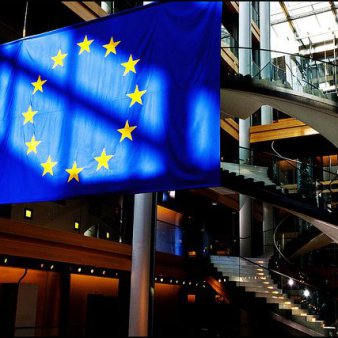The recent EU elections have resulted in a slight improvement of the gender-balance in the European Parliament. Women now make up 37% of the legislature in Brussels, compared to 35% during the previous term. It is likely that the massive increase in the number of female representatives from Italy (which sends 73 MEPs) and Ireland (which sends 11 MEPs) was able to offset to some extent the drastic decline in some Eastern European countries such as Hungary, Bulgaria and Lithuania. Similarly, the moderate increase in the number of female MEPs from the United Kingdom and Spain, two large member-states, was able to compensate for the slight decline in the number of female MEPs coming from large Western European countries such as Germany, France, the Netherlands and Belgium.
These contrary trends across Europe mean that on average the percentage of female parliamentarians at the European level did not change very much. In fact, it only increased by two percentage points to 37%. This percentage is however still a far cry from the being representative of European society at large, where women constitute around 51% of the population. It is interesting to note that the exceptional performance of the far-right UK Independence Party coincided with an increase in the number of female MEPs from the United Kingdom. This result runs counter to the received wisdom that a right-wing political climate is less hospitable towards female politicians. However, we should also note that the rise of far-right movements in Eastern European countries such as Hungary or Greece has indeed coincided with a significant decrease in the number of elected female MEPs.
The remarkable increase in the percentage of female MEPs from Ireland (from 25% in 2009 to 55% in 2014) can to some extent be attributed to the mobilization of the national women’s movement. In particular, efforts were made to address a key barrier to women’s participation in politics: the perception that they do not possess the skills and experience required for elected office. In Ireland, two of the three newly elected female MPs have participated in training and mentoring programs run by the non-profit Women for Election Ireland.
You can download our presentation with detailed data >>>

